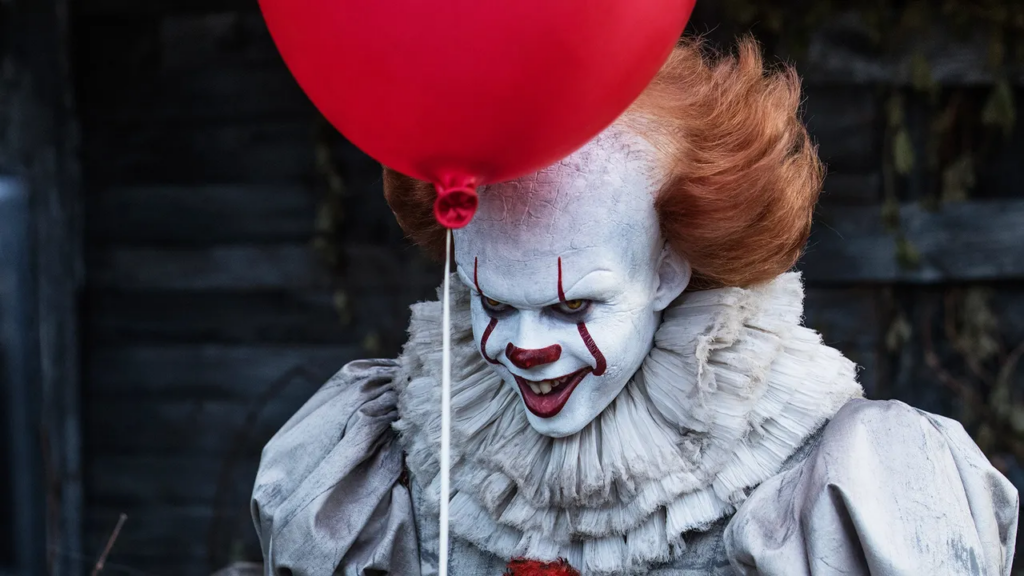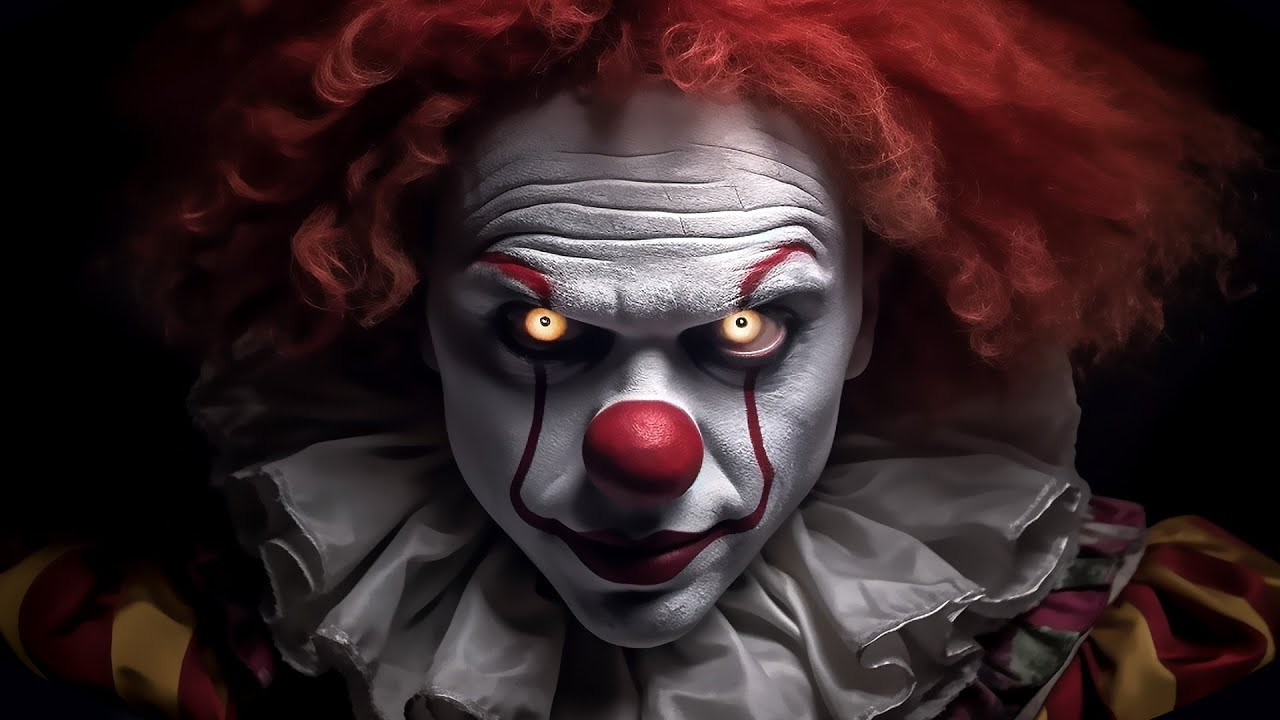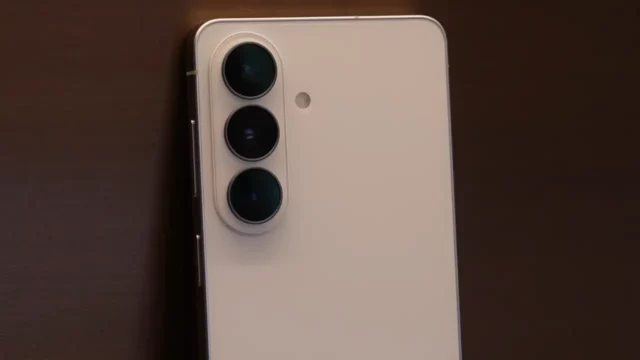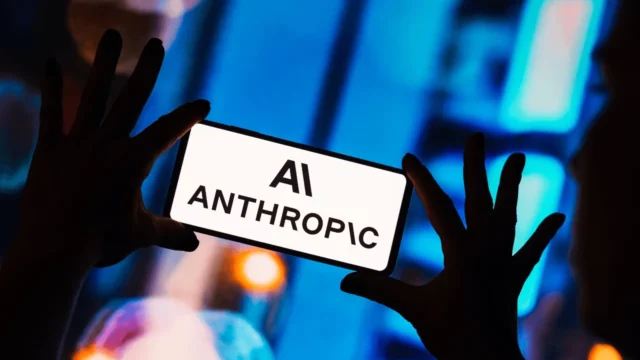Fear of clowns might seem “funny” to some of our readers, but scientists have been studying this phenomenon for a long time. In fact, there’s even a term in the medical field for it: ‘Coulrophobia.’ For some people, just seeing clowns, or even looking at pictures of them, can provoke irrational reactions. So, what’s the reason behind this fear? Why does such a phenomenon exist? Here are the details…
Scientists Shed Light on the Issue!
Recent studies reveal that the fear of clowns is more widespread than previously thought. A study conducted by an international team with 987 participants found that one in two people have some level of fear of clowns.

According to the study’s findings, 53.5% of participants reported some fear of clowns, while 5% reported extreme fear. This rate is higher than common phobias like fear of heights (2.8%), fear of confined spaces (2.2%), and fear of flying (1.3%).
To understand the roots of coulrophobia, scientists tested eight different theories. One of the most striking findings is that this fear is driven by societal and cultural factors rather than personal experiences. For instance, iconic scary clown characters from pop culture, like Pennywise from Stephen King’s IT, play a significant role in amplifying this fear.
However, researchers identified the clown’s makeup as a key factor, concealing their facial expressions and creating an unsettling effect. People feel uneasy because they can’t read clowns’ real facial expressions, and therefore, their intentions. This uncertainty is heightened by the inability to detect negative expressions like frowning or anger hidden beneath the makeup.
The study also found that women are more prone to clown fear than men and that this fear diminishes with age. These findings are consistent with data observed in other common fears like phobias of snakes and spiders.
Researchers are now focusing on the effects of emotional ambiguity caused by facial painting. They plan to investigate whether individuals painting their faces with animal designs also trigger a similar fear response, or if this reaction is unique to clowns.
What do you think about this? Do you have a fear of clowns? Share your thoughts in the comments below!













